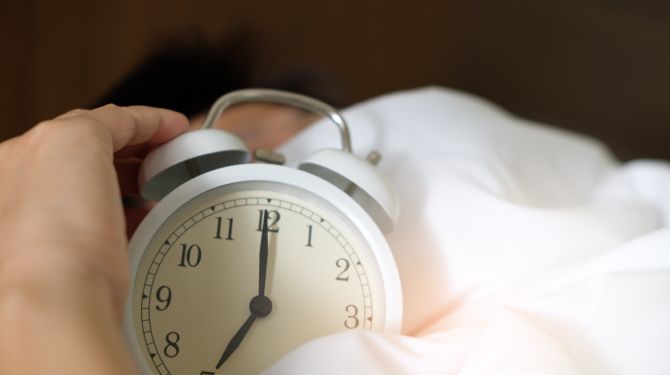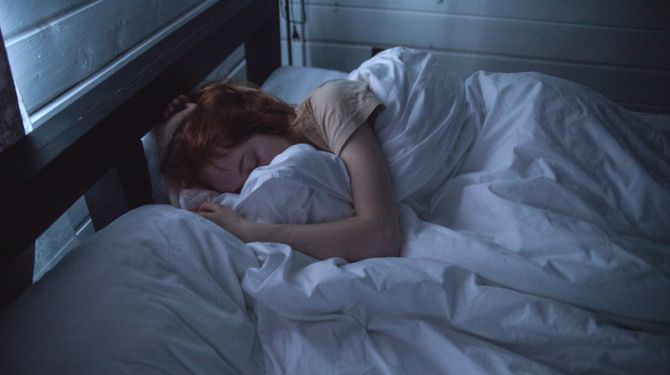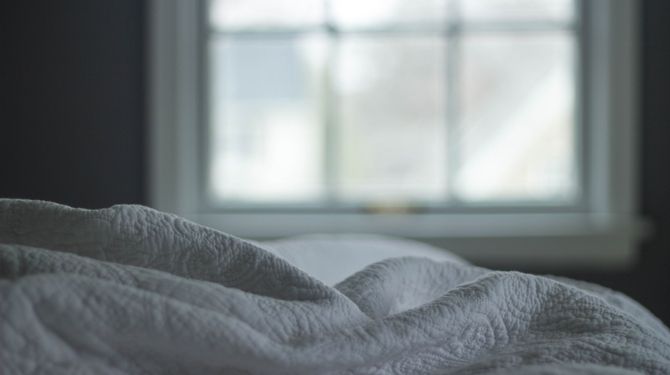Sleep is a very easy thing to define, right? You close your eyes, hit the hay, and turn off until the next day. Your brain is just a super-advanced computer, and sleeping is the equivalent of turning off for the night.
Except there are dreams!
Alas, no, it is a little more complicated than that. We all know how important it is to get proper sleep, both in terms of enough hours and the quality of the sleep itself. We all know how tired and worn-out one feels after missing sleep, and how it affects our ability to focus and be productive. But why? Why isn't it enough to rest body and mind by sitting down for a few hours and listening to relaxing music, or watching a nice calm sitcom on TV?
What is sleep?
This is one of the hardest questions to answer when you are reviewing all the science surrounding sound sleeping practices. We know how sleep manifests. We know our conscience is altered. We know our sensory capabilities are inhibited. We know our muscle activity is reduced, and that our temperature lowers, and that there are several stages of sleep (REM and non-REM). But it is hard to define sleep. The purposes and mechanisms of sleep are still the subject of intense debate among the scientific communities, and its prevalence throughout most animal evolution is the subject of great interest.
The best we can tell, sleep is a recurring behaviour. It happens, most often, in patterns that loosely match daylight hours, and we do it to allow our body and mind to perform a series of functions that are much harder to get done while the body is fully active.

What happens to our body when we sleep?
Two things, mostly: restoration and memory processing.
Restoration affects our whole body, whilst memory processing is a part of a more complex net of processes that take place in our brains.
What we mean by restoration isn't anything that our body isn't doing anyway during the day. Our cells, muscular structures and even bone tissue are constantly rebuilding themselves. The reason why these processes are associated with sleep is that when we sleep our metabolism slows down immensely. Our body temperature lowers (hence, warm delicious blankets), and our generation of reactive oxygen species decreases. These things very much help our body heal and rebuild much faster. This is why sleep deprivation will affect us in unexpected ways, literally making our muscles and bones weaker. They will still rebuild, but they will do it less efficiently.
There is plenty we still don't understand about restoration, however. It has been suggested by studies that sleep affects our immune system. There are even links to sleep affecting growth in children. This could all be related to our endocrine system, since one thing we know for sure: sleep is managed by our hormones.

How do we know when to go to sleep?
Hormones. Exactly. Humans have something called a Circadian Clock. This is a sort of internal clock that is affected by daylight, physical tiredness, etc. and that tells your body when it is time to get some shuteye and when it is time to wake up. It does this by introducing hormones into the bloodstream, such as melatonin. The Circadian Clock is quite a fragile little contraption, and minor changes in the environment, such as an uncomfortable bed or even a small amount of light can immediately disrupt it, suppressing some hormones or encouraging the secretion of others, and waking you up at odd hours, or making it difficult to adapt to new schedules (hello jet-lag).

Didn't we mention the brain earlier?
We did indeed. A lot happens to our bodies during sleep, but our brain is definitely the part of our system that is most affected. The brain only truly rests during sleep. Even during quiet wakefulness, your brain is consuming up to 20% of all of your body's energy production. During sleep, activity in the brain is vastly reduced, except for the periods of REM sleep, in which we dream.
It is widely accepted that the conversion of short-term memories to long-term memories happen during sleep. This is why students who pull all-nighters to prepare for exams tend to have much worse results than when they get a good night's sleep before a big test. Sleeping is when our brain actually learns new information.
It is also during sleep that our brain recharges itself. When we are awake, our brain is actively consuming an organic compound called adenosine triphosphate (ATP), which is responsible for short-term storage and transport of energy. When we sleep, the brain restocks. If you have ever wondered why you can't seem to think when you are sleep deprived? That is probably why. Your brain needs its ATP stores refilled.

What about dreams?
Dreams are something we know even less about. Many different explanations have been proposed for the function of dreams. Are they symbolic representations of our desires and urges? Are they visions of other worlds? No one really knows.
We do know they happen during REM (rapid-eye movement) sleep, which is a relatively small part of our total sleep cycle. It is known that REM sleep is indispensable for mammal and avian life (yes, birds dream too!), since test subjects that have been deprived of this specific part of their sleep cycle have perished in the past?
But the fact is we don't really know why.

Here's what we do know
Sleeping is fundamental. And sleeping well and soundly is key to maintaining all of these systems in tip-top shape. Where we sleep and our comfort during sleep are essential for us to get the proper duration (7-9 hours for adults) and a regular succession of the stages of sleep.
This is why it is so important to ensure that you have adequate bed linens and that your bed is a safe refuge. We can certainly help with that. Visit our online store, and you will find the highest quality bedlinens in the market, carefully crafted by our experienced professionals using the most advanced technologies to guarantee that your sleep is perfect.









